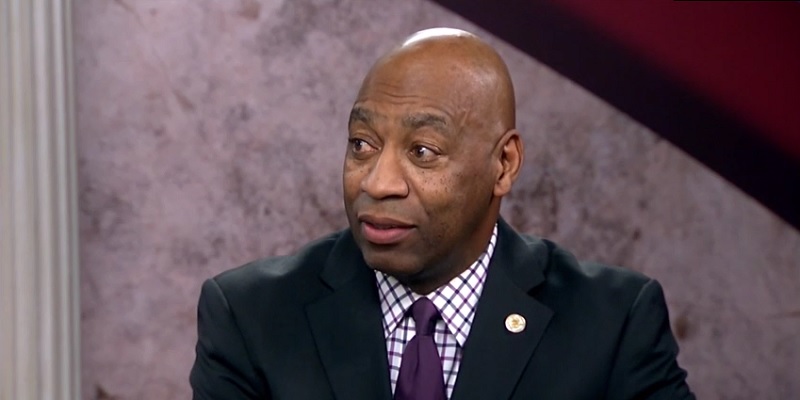After shattering five economic records in June, Alabama Labor Secretary Fitzgerald Washington on Friday announced that the Yellowhammer State set four more new employment records in July.
This includes a historic record-low unemployment rate, with July’s preliminary, seasonally adjusted rate coming in at 3.3%. This beat the previous month’s rate of 3.5%, which at the time was the record.
July’s rate represents 2,171,721 employed people, another new record high, which was 11,244 more than June’s count and 57,413 more than in July 2018.
“I’m proud to see our unemployment rate decrease and continue to reach record lows,” Washington said in a statement.
“This month we also saw the number of people counted as unemployed fall to its lowest count ever,” he continued. “More people are joining the workforce, with the expectation that they will find work, and, for the most part, they are. But even as we celebrate these records, we know that there is still work to be done. We’re proving month after month that Alabama has good, quality jobs. We stand ready to assist anyone who’s ready to work.”
The number of people counted as unemployed also dropped to a new record low of 75,157, which represents a drop of 12,761 people year-over-year.
In a statement, Governor Kay Ivey lauded, “More than 57,000 Alabamians have jobs today that didn’t a year ago. That means that 57,000 more Alabamians have work and are contributing to their communities and our state.
“The effort we are making to bring jobs and employers to Alabama is working. We are consistently improving our workforce and preparing Alabama for the future,” the governor concluded.
More than 57,000 Alabamians have jobs today that didn’t a year ago. That means that 57,000 more Alabamians have a job & are contributing to our state’s economy. We are on the right track! #alpolitics @al_labor https://t.co/2m8q9znDRL pic.twitter.com/qCWyJfnJ1L
— Governor Kay Ivey (@GovernorKayIvey) August 16, 2019
Additionally, the civilian labor force increased over the year by 44,652 to a record high of 2,246,878. The civilian labor force represents the number of people, aged 16 and over, who are either working or looking for work, excluding the military and those in institutions.
Alabama’s labor secretary explained that the state’s progress is often outpacing the national average.
“Our over-the-year job growth measured 2.0% this month, which outpaced the nation’s job growth by half of a percentage point. In fact, Alabama has matched or outpaced the national growth rate for six out of seven months in 2019,” Washington advised. “Alabama’s economy added over 40,000 more jobs in the last 12 months, with at least four sectors reaching record level employment highs.”
Over-the-year job growth measured 2.0% in July, compared to the national growth rate of 1.5%. The only month in 2019 in which Alabama did not match or outpace the national growth was January, when Alabama’s growth rate measured 1.8%, and the national rate was 2.0%.
Over-the-year, wage and salary employment increased 40,200, with gains in the professional and business services sector (+8,700); the leisure and hospitality sector (+7,700); and the education and health services sector (+5,000), among others.
Four sectors saw record-high levels of employment in July: transportation equipment manufacturing (66,600); motor vehicle manufacturing (14,100); leisure and hospitality (219,200); and computer systems design (26,300).
All 67 counties saw declines in their over-the-year unemployment rates, with drops ranging from more than half of a percentage point to more than three percentage points. In fact, 64 counties saw no increase or a decline in their over-the-month unemployment rates, as well. All 67 counties saw monthly decreases in May and June.
Counties with the lowest unemployment rates in July were Shelby County at 2.1%; Marshall County at 2.4%; and Elmore and Baldwin Counties at 2.5%.
Counties with the highest unemployment rates were Wilcox County at 7.5%, Greene County at 7.0% and Perry County at 6.7%.
Major cities with the lowest unemployment rates were Vestavia Hills at 1.7%; Homewood and Alabaster at 2.0%; and Hoover at 2.1%. Major cities with the highest unemployment rates were Selma at 7.3%, Prichard at 6.2% and Anniston at 4.6%.
Sean Ross is the editor of Yellowhammer News. You can follow him on Twitter @sean_yhn











